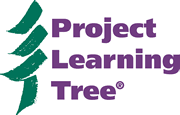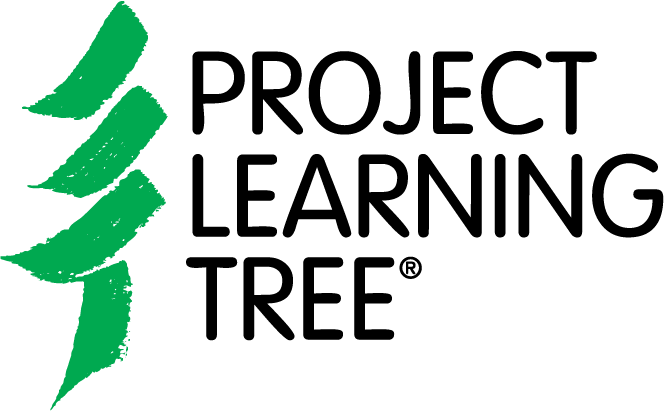Democratic systems depend on the involvement of citizens in policy making and decision making. This activity will help students learn about the roles and responsibilities of citizens’ groups in environmental policies and decision-making, and about how young people can become involved in the process.
This is one of 96 activities that can be found in PLT’s PreK-8 Environmental Education Activity Guide. To get the activity, attend a training either in person or online and receive PLT’s PreK-8 Guide. Below are some supporting resources for this activity.
STUDENT PAGES 
Download the copyright-free student pages that are included with this activity:
Group Profile
(PDF)
Spanish Student Page(s):
Perfil del Grupo
(PDF)
RECOMMENDED READING 
Expand your students’ learning and imaginations. Help students meet their reading goals, while building upon concepts learned in this activity, with the following children’s book recommendations:
ADDITIONAL RESOURCES 
The following tools and resources may be used to enhance the activity.
-
PLT’s 12 Green Job Fact Sheets
Learn more about the wide array of jobs related to forests with PLT’s 12 Green Jobs Fact Sheets, which highlights the following green jobs: Forester, Environmental Educator, GIS Specialist, Indigenous Relations Specialist, Forestry Technician, Park Ranger, Hydrologist, Silviculture Technician, Urban Forester, Machine Operator, Wildlife Biologist, and Sustainability Manager. Green jobs offer opportunities for people with diverse backgrounds, skills, interest areas, and personal qualities. Youth and adults alike might be surprised at the range of green career opportunities. These jobs help sustain forest ecosystems and ensure that forest products are produced in the most sustainable way possible also ensure that wildlife habitat is conserved, trees are replanted, and workers are treated fairly.
-
Finding Your Path
Learn more about the life of a field forester and more in this booklet Find Your Path from the Oregon Forest Resources Institute. Joe Newton, once a professional football player for the Seattle Seahawks, now works for Lone Rock Timber in Roseburg, Oregon as a Field Forester. He collaborates with tree-planters, helicopter pilots, and other company staff to maintain the health and improvement of tree plantations. This booklet provides other forest-sector employee profiles – forest manager, natural resource ecologist, research economist, logging crew, millwright – offering advice, short job-descriptions, and the various curves they took on their career path.
-
Imagine If
Imagine If is a podcast on climate resilience. Developed by the National Association for Environmental Education and National Geographic, Imagine If interviews change-makers affecting positive change on the world. Imagine If features high school students designing solutions to environmental issues in their communities. Listen with your students and inspire them to become change-makers in their community!
-
Beat the Uncertainty: Planning Climate-Resilient Cities
Imagine you and your friends are citizens, policymakers, business leaders, and nonprofit leaders of a coastal city. As a decision maker, your job is to make sure your city is resilient to the impacts of climate change. Use this game, Beat the Uncertainty: Planning Climate-Resilient Cities, with students to help them visualize the impact of climate change and rising sea levels. This simulation was adapted by the National Oceanic and Atmospheric Administration (NOAA). Download the instructions and game booklet!
-
Environmental Justice – EPA’s Data and Mapping Tool
EJ SCREEN is an environmental justice mapping and screening tool that combines environmental and demographic indicators to provide interesting and important regional data related to public health and environmental quality. By clicking anywhere on the map, users can view an area’s ozone levels, traffic concentrations, lead paint indicators, and more. EJSCREEN can assist in the identification of rural, urban, and suburban areas that are the most at-risk and it allows users to find correlations between the socioeconomic background of the region and the prevalence of environmental hazards.
-
The People Speak Global Debates
This UN Foundation will work with high school students across the U.S. and select countries. During a ten-day period in October 2007, March 2008 and , students across the globe will be organizing public debates in their high schools and coordinating a global vote on the debate topics. You can view the debates and student created media on The People Speak.
-
Connect4Climate Student Video
Connect4Climate is an ongoing project between University of Maryland students and the World Bank. The video represents 50 sociology students’ perspectives after visiting the World Bank in Washington, DC. The video shows students’ passion and enthusiasm towards connecting other people, adults and students alike, to issues of climate change, “right here, right now, together.”
-
EPA Environmental Justice Blog Highlights Map Tool for Equitable Planning
In this blog post, Makara Rumley writes about the Metro Atlanta Equity Atlas, a map tool showing key areas of community well-being. Learn how this tool can be used to help understand the issues of affecting neighborhoods and encourage equitable policies, development, and planning.

